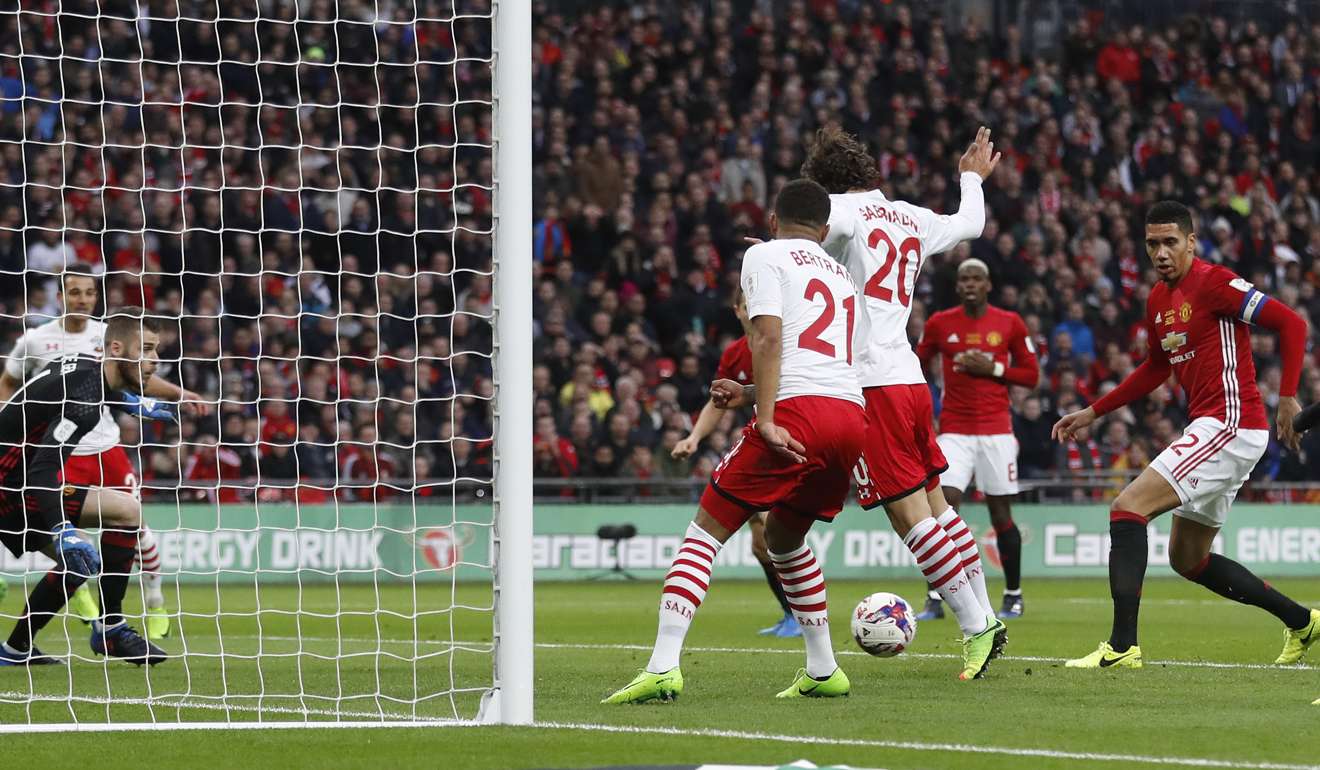
Will video replays really kill the football star after League Cup final controversy?
Southampton’s disallowed goal at the start of their final defeat by Manchester United at Wembley Stadium last weekend rekindled calls for the introduction of more help for referees
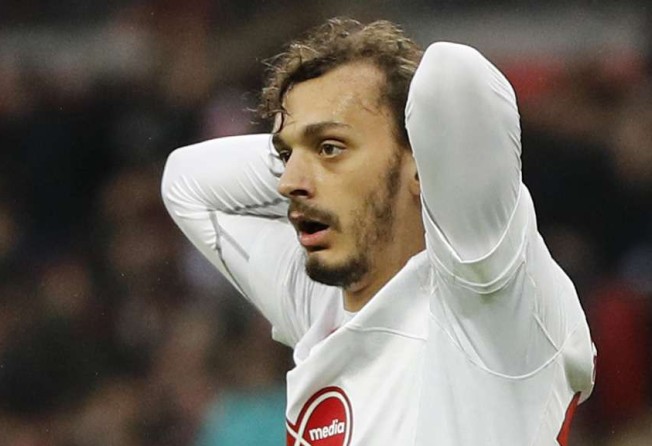
There is nothing like a wrongly disallowed Wembley cup final goal to convert traditionalists to more video technology to help marshal the game.
Anyone who is not a Manchester United supporter must surely back the renewed calls for video replays to be introduced to decide crucial decisions, such as that which condemned Southampton to an unfair defeat in the League Cup final.
Manolo Gabbiadini’s opening goal would have put the better side into a commanding early lead, but it was ruled offside – despite replays later showing the call to be incorrect.
The steam coming off Saints fans at the refreshment stands in the bowels of Wembley was far denser than that from the overpriced coffee.

This was an injustice up there with the likes of Frank Lampard’s disallowed goal against Germany in 2010, Maradona’s Hand of God, Thierry Henry’s Hand of Frog, the host of wrong players sent off and the litany of other errors that have cost teams, fans – and the game’s credibility – dearly.
The linesman last weekend appeared to think the ball had gone in off Saints player Raymond Bertrand. That, or he was clueless about the offside rule.
An instant video replay would have quickly sorted out fact from fiction, error from incompetence, optical sleight from 20/20 vision in the blur of an English Premier League attack.
It would have ensured justice was done, moreover, it would have restored faith in the game – more so for the officials who face a growing challenge in calling the right decisions given the athleticism of their charges and pressure from the privileged millions glued to 360 degree camera angles in and outside the stadiums.
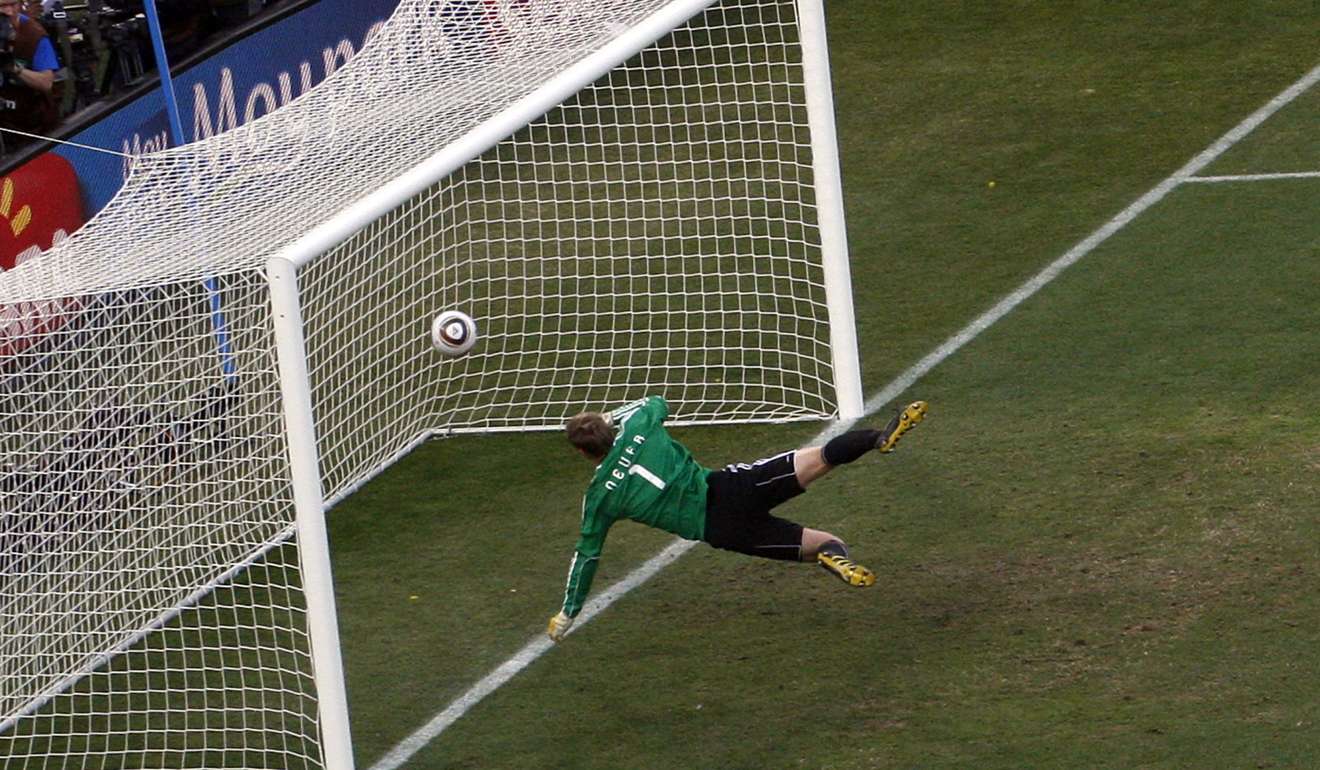
Those traditionalists who claim more video technology and replays would slow the game down lose hands down on judgement calls like this.
When the ball passed over the line after Gabbiadini’s effort, play was in suspension, the game then stopped, allowing ample time for a fast rewind and a single review of the footage before United goalkeeper David de Gea could fetch the ball from the back of his net for a restart; a first look at his screen would have seen the video official make a clear call to the referees earpiece. No action would have been lost.
Black and white mistakes such as these would be immediately apparent and as easily resolved during the natural halt in proceedings.
And that includes every red card; recall the farcical scenes during recent years of wrong players being booked or sent off because of mistaken identity or memory relapses.
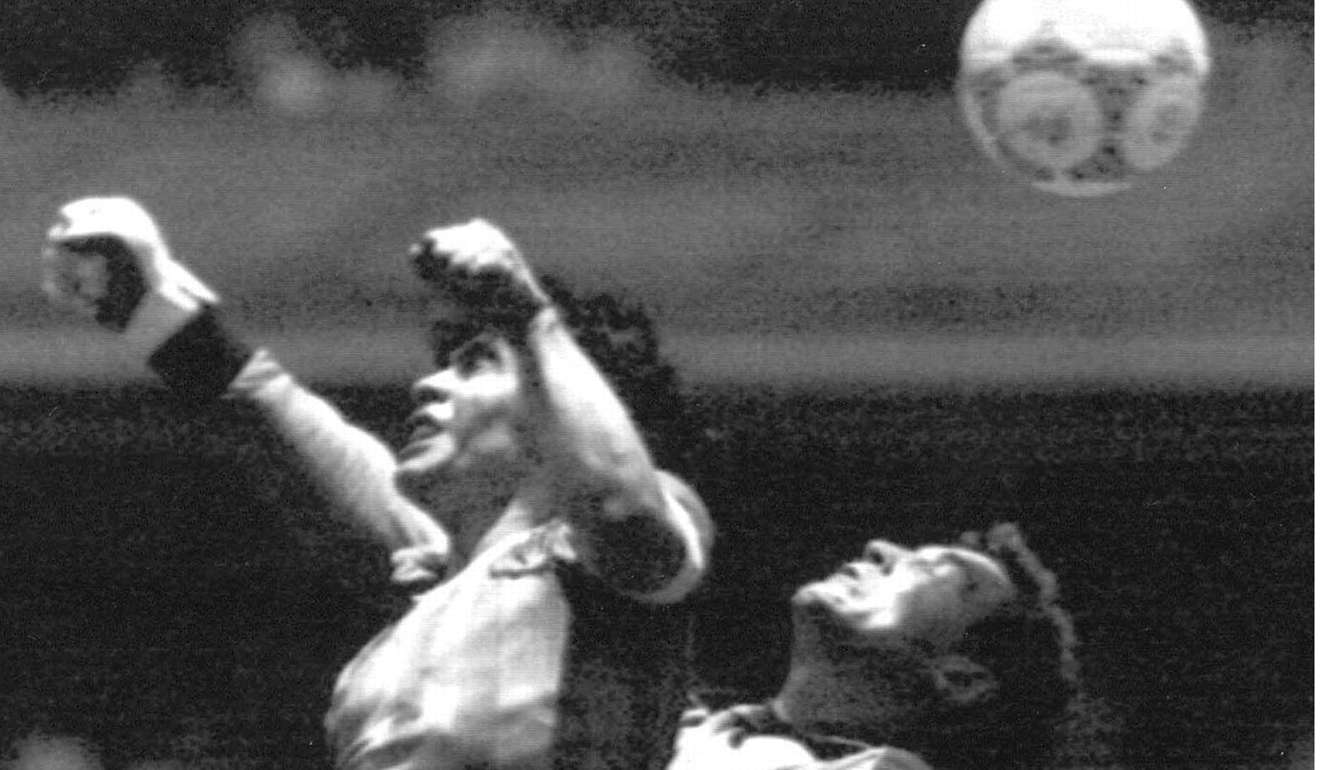
So no, more video technology would not slow down play if used for clear-cut decisions when the ball has gone dead.
The danger lies in overuse of such technology based on mere suspicion. How far back in the game do the officials go?
Let’s say a United midfielder had been fouled in the build-up to Gabbiadini’s disallowed goal – should that be taken into consideration?
And what if a Southampton defender before that had handled the ball when controlling possession and starting the attack? Should that also be taken into consideration?
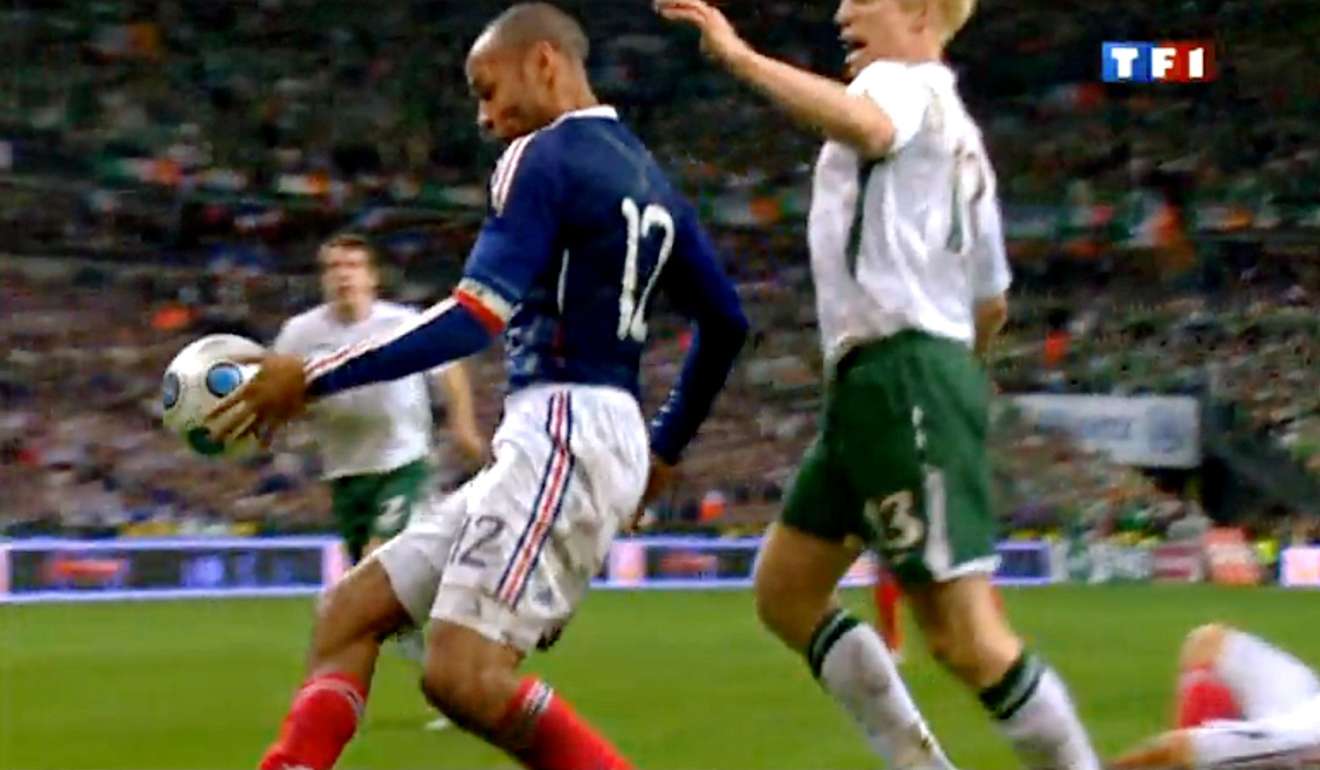
How much of the build-up do you focus on and how long will that then take to go back over?
This is the grey area that can only be addressed by the precise wording of any new regulation to stop the video official overstepping his remit.
An agreed “cut-off” point across world football is paramount. Most would likely favour just one phase of play, though it’d be worth experimenting with two during trials.
There’s no consolation for Southampton supporters to learn that video technology is likely to be used in cup matches – including the League Cup and FA Cup – from next season.
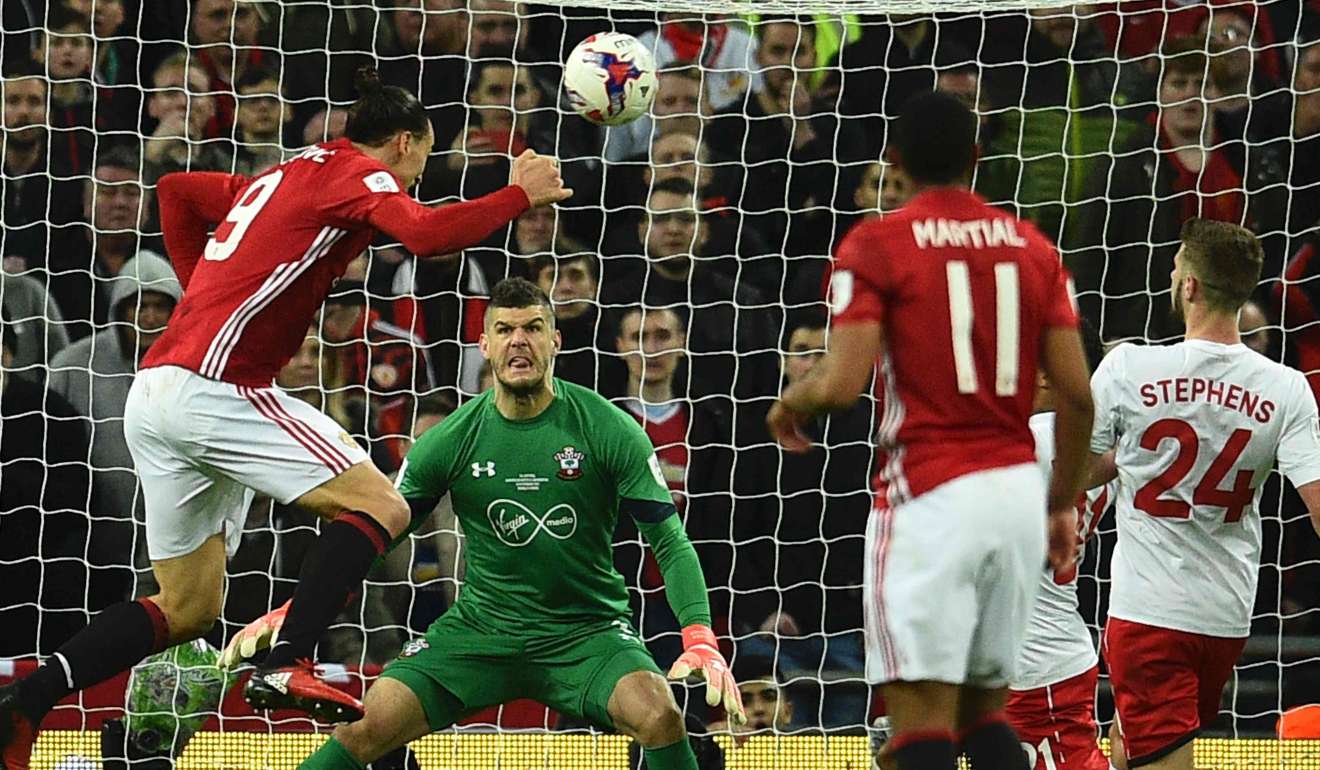
The International Football Association Board gathered at Wembley Stadium for their annual meeting on Friday. High on the agenda was an update on how the trials and testing for the introduction of VARs – Video Assistant Referees – are proceeding, with football’s law-making body committed to experimenting for a minimum of two years up to the 2018 World Cup before finally rolling out the technology.
There are tests ongoing in the Dutch Cup, in the MLS in the United States and in Mexico.
A decade ago – even five years back – resistance against such technology was strong. Not anymore. The game has evolved far quicker than those who decide the rules.
VAR will not guarantee 100 per cent accuracy in decisions, and neither should they.
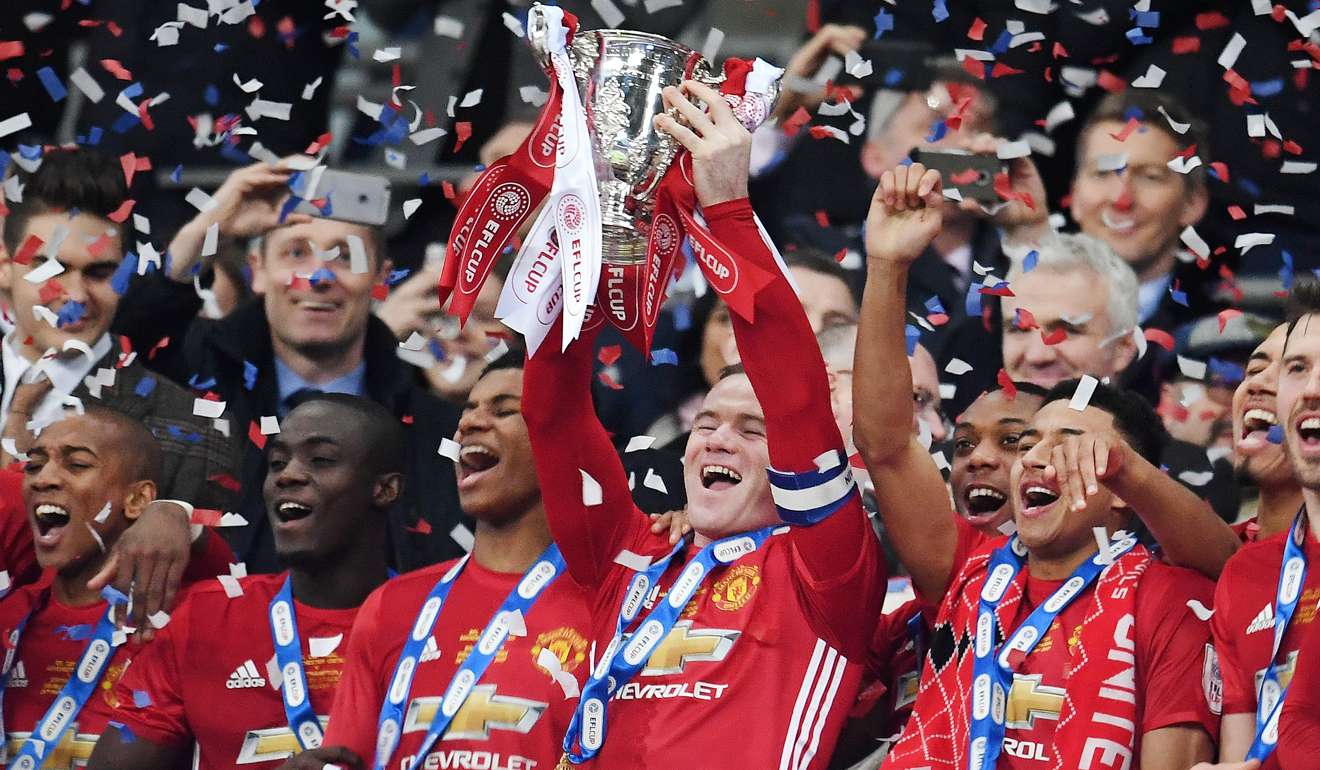
What there needs to be is the avoidance of clearly incorrect decisions – as happened at Wembley on Sunday – “game-changing” incidents – goals, penalty calls, direct red card incidents and cases of mistaken identity.
Video technology cannot come soon enough. Even real Manchester United fans would want to see too many incidents like the one at Wembley on Sunday because such errors offer only a superficial joy in winning.